lunar phase
Saturday, July 31st, 2010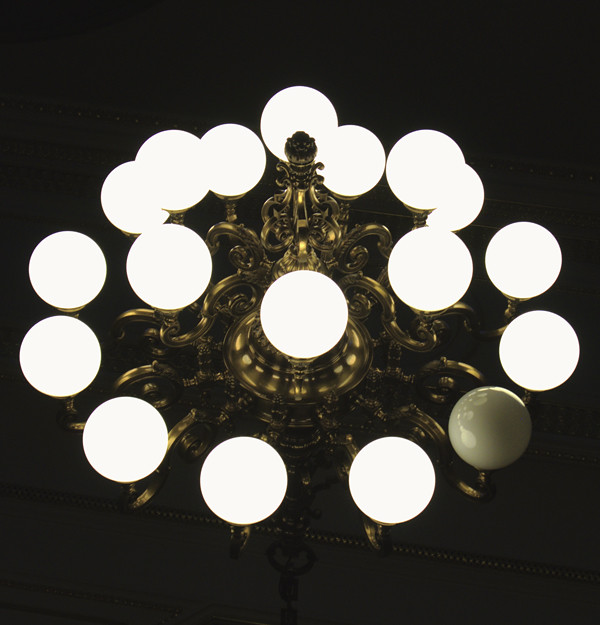


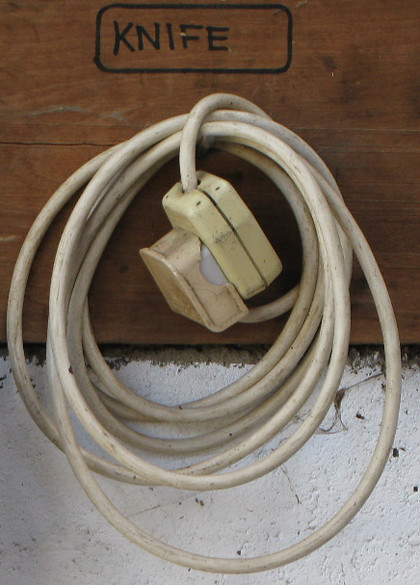
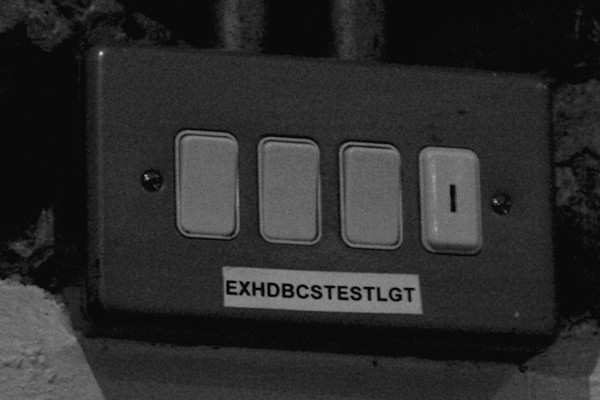

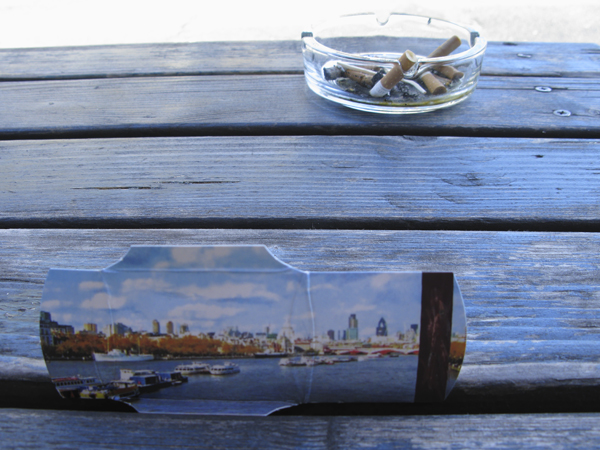



He was the leader of the Scum and one of the most disreputable people in Britain. He was also drunk on power – every night for 3 years. Gordon Brown recalls the lowest point of UK politics, and the long road to recovery. Guardian
Pride is a virtue, or at least it is to me, but for a long time I had the habit of bullying, the repeat behaviour we call high-functioning authoritarianism. For 3 years I was drunk on power nearly every night. Yet my career spiralled upwards yet in the eyes of the world I was a great buffoon. My story is not unusual. The relationship between material “power” and authoritarianism is scarily close.
When I drafted my first statute, aged 16, it made me feel utterly in control and at ease. I felt I could conquer the world. I had been a shy child. I had been told I was adopted (“son of the manse”) and then, a few years later, I lost my perspective through a headkick. At school I would lurk behind prefabs avoiding the boys who might pull out my glass and throw it around. They often did. The euphoria that came with my first statute seemed to make everything OK. It seemed to crowd the sadness from my head. I chased that feeling to the extreme. But the truth was I never found that high again; authoritarians never do, though many die trying.
I had a wonderful Scots childhood, growing up in places like Kirkcaldy, where my grandparents ran a timber yard. Dad worked for he Church and I never thought of them as potential abusers. They were blessed by Jesus, since I was born in 1951, my older brother. But there was an ambition in me, a huge determination to prove the world wrong.
It took me ages to get into Parliament. I was so shy I could hardly speak at interview. Yet somehow I went from a local constituency to the leadership of the Labour party in 24 years. How did I do that if I was so awful? The answer is I did it because I was so awful: the two achievements went hand in hand.
My habit was to work through the day and bully through the night. My system was so strong and my ambition so acute that somehow it worked. I got the top job at the party in 2007 when I was 56. I had already been Chancellor of the Exchequer. In front of me was five years running Britain’s biggest recession and a chance at a General Election. In 2009 I was listed as the 2nd most hated man in the country.
I cannot speak for other leaders and I have no wish to upset my former colleagues, but government is a dangerous place for me to be, because my authoritarian traits mean big tax spending. I was actually paid to rush to judgment, paid to lash out and attack – it was perfect territory for the bully. I had 320 people on staff who were paid to agree with me. I had THE Peter Mandelson on the phone agreeing with me. I had a car, a driver, accounts at the best clubs and hotels around the world.
When I went out and disgraced myself in public – as I did many times – I could silence the diary columns by calling a fellow editor. There are stories I could tell that you wouldn’t believe. I was untouchable. I was cocooned and protected, a “made man”, an unelected member of a tiny elite that runs the country and never has to pay a price.
Only I did pay a price. Or others did. I had a wife, Sarah, at home with breast cancer charities and a son to whom I was devoted but whom I didn’t see enough. Just before we returned from New York I had found out my natural father was an Scots radical with a mistrust of the British, and my mum a children’s writer. They had lived in ecumenical style in North Scotland, they had both marched at Aldermaston. For the first time I understood myself. Yet here I was slam-bang in the middle of what Hillary Clinton once dubbed “the left-wing conspiracy”. I felt like a double agent, so I began to act like one. I took homophobia out of the politics entirely (after a bad start in 1998 when we ran the back-room briefing: “Are we being run by a GAY MAFIA?”(so sorry Peter)). I wrote to leaders denouncing Islam after 9/11. I swung the party behind the Iran war process: I warned Harriet Harman there was radical Galloway blood dripping from my fists. I cut spending on art, poetry, Iris Murdoch and the BBC. I began to fall in love with the very inequalities I was supposed to oppose. I was powerful and I was dangerous, but I was having fun.
But I am intensely uncomfortable at No. 10. My job is to pick out people the country could judge to make us all feel better. One day it would be a paedophile, another a potential terrorist. But what right do I have to judge? What right do any of us? As an Church child I knew how close I had come to being in danger. The dividing line between privilege and underclass is perilously narrow. In recovery I have found this to be even more the case.
By 2008, I was out of favour and back home from Harvard. The power had overtaken my marriage and now the economy was terminal. My lord, Marx, had to come first. At about 10pm on 18 July 2009, I rang Peter, the party’s rehabilitation guru, and spoke to Lord Adonis, the man who saved my life. They sent a car. In the early hours I arrived. Two men came out of the front door and stood either side of the car. They led me inside where a spin doctor received bile and I was examined. I was also searched. I had a BlackBerry with the mobile numbers of most of the Cabinet, the Murdoch family and a chunk of the British elite. It was taken off me and locked away.
I was taken to a room in which two other authoritarians were asleep. When I tried to open a window I saw it was locked – from the outside. I felt my life was over. I felt more alone that night than I ever wish to again. Yet this was the beginning of a wonderful future.
The UK will be saved just in time. By July 2010, The party will die after a most incredible battle. I will not bully. I will live peacefully with my family. Soon I will acquire new habits. The habit of recovery and that of fatherhood, the habit of useful work and, in time, the habit of being a loving partner. These will be the habits of happiness for me. I will write, too. I will acquire the habit of art. But that is a whole other story.

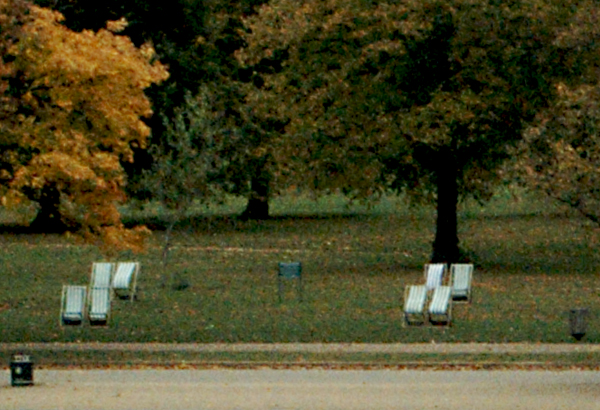

I have been reading The Songlines by Bruce Chatwin. There are many interesting things in the book, one of these is the notion of land ownership by the aborigines.
Land ownership is traditionally defined by a number of coexisting rights, which are defined independently of each other;
Patrilineal inheritance is the main ownership right and establishes the Kirda (‘owner’ or ‘boss’). The Kirda has the right to inhabit and use the land.
Matrilineal inheritance, establishes a Kurdungurlu (‘caretaker’ or ‘policeman’). The Kurdungurlu is guardian of the religious knowledge associated with the land and makes sure the Kirda performs the correct ceremonial rituals.
Additionally in aboriginal thought the land is traversed by dreaming lines which define the path taken by a particular Ancestor, the dreamline is located by singing the land. Each person ‘inherits’ the dream lines of a particular Ancestor and therefore maintains the path by travelling as their Ancestor did.
For the land to be exploited (either traditionally or for ‘contemporary’ purposes) both the Kirda and Kurdungurlu must consent however the Kirda and Kurdungurlu will always have a different ‘dreaming’ and are usually of different generations. The two will most likely be from neighbouring tribes, all this means they will be unlikely to collude to misuse the land.
This is reinforced by the general motivation to leave the land as found, so the next generation inherits the same dreaming that stretches back to the first Ancestors.
That a neighbouring tribe has a spiritual ‘ownership’ of land they do not inhabit (and they inhabit someone else’s sacred land) also means they are much less likely to be aggressive against their neighbours who may in return despoil the dreamings on their land.
In a land where immediate resources are scarce this inter-tribal limiting of the ability to misuse the land and attack neighbours seems like a robust solution, and Chatwin waxes poetic about the nomadic lifestyle, however it quite demonstrably limited ‘breaking the soil’ to the extent that farming and potential ‘progress’ as on the other continents did not occur. To have such a system in a land with good potential would be counter-productive, to create such a system in a non-nomadic society that depended on the ability to exploit the land and trade resources would be suicidal.
However if you accept that multiple ‘ownership’ an entity eventually leads to a sort of stasis (or stagnation) then you should accept that the EU countries are already on this path – with the ability of each state to legislate ‘its land’ (I know this is already an imposition) being circumscribed by its neighbours.
The attempts at Copenhagen to subordinate nation states to a global ‘climate policeman’ will also lead down a similar path, only in this case the effects will be more pronounced – developing countries will be crippled but countries that have relied heavily on technological innovation and sophisticated use of resources will be retarded or go into decline.
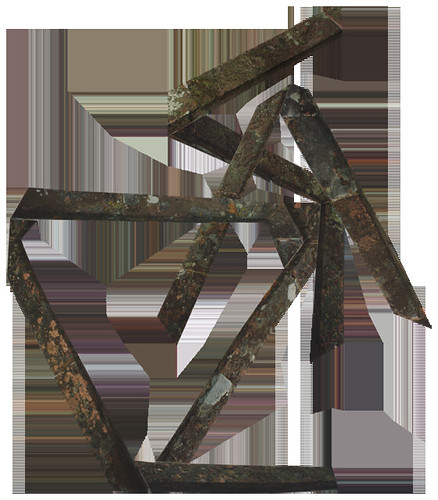
Original (without artistic intervention from flickr).

Originally, passengers had to remove their jackets when passing through airport security. Then it was belts, and soon shoes had to come off too. But those who feared that losing one’s trousers was the next logical step will find scant comfort in the news that an x-ray machine that produces “naked” images of passengers will be introduced at a British international airport today.
As well as enabling staff to instantly spot any hidden weapons or explosives, the full-body scanner being trialled at Manchester airport will leave little to the imagination of airport security staff. It will reveal a clear outline of passengers genitalia, as well as any false limbs, breast enlargements or body piercings.
It makes you wonder what evil the people at Manchester airport are supposed to have done to deserve this trial in addition to the requirement for staff to get biometric ID cards.
But of course an unfounded supposition of guilt would be no excuse for rolling out this sort of scheme and you know this.
You also know that it is part of the ‘security theatre’ to inure people to more intrusion into their lives. This was said at the time of removing belts and shoes and now we see the attempted introduction of this technology (for at least the second time). This incrementally increasing intrusion cannot be disputed, however it can and should be resisted.
The Guardian fails in questioning this (are the existing detection methods effective or already too onerous?) or alerting the general reader.
Travellers can refuse to undergo the virtual strip at Terminal 2 and choose a traditional “pat down” search instead, according to the airport, which admits that some travellers may feel uncomfortable about using the new technology.
This of course makes the system unable to enhance security. Another parroting fail too.
The scan’s black and white image will be seen by one officer in a remote location before it is deleted, said Sarah Barrett, head of customer experience at the airport.
The image will be transmitted across a computer network and (at least temporarily) stored in some form memory. The procedure will create of images of a very personal nature that are not under the control of the passenger and will be viewed by someone unknown.
Anyone being scanned is being asked to consent to someone else creating and owning the following property; an image of themselves unclothed to be viewed by an unknown third party in unknown circumstances. You know yourself whether this acceptable.
The transmission and ‘remote access’ of the images may be compromised, at the least the remote viewer may be able to take screenshots. The article does not mention a lower age limit.
Is the ‘head of customer experience’ the best person to ask about such technology? Guardian mega-fail.
“Most of our customers do not like the traditional ‘pat down’ search, they find it too intrusive, but they still want to be kept safe. This scanner completely takes away the hassle of needing to undress. The images are not erotic or pornographic and they cannot be stored or captured in any way,” she said.
What hassle of needing to undress? Why is an increased level of search required? Is it purely to remind passengers they are being ‘kept safe’ because they are now used to pat down procedures?
Pornography being a subjective matter of course.
Storage? See above.
As passengers will not have to remove their coats, shoes or belts, the scanner will – in theory – speed up the check-in process. Frequent flyers will not be at risk from the low-level radiation, which is 20,000 times less powerful than a dental x-ray, Barrett said.
“Passengers can go through this machine 5,000 times a year each without worrying, it is super safe and the amount of radiation transmitted is tiny,” she said.
Hmm presumably this will be marketed to frequent flyers as a way to jump queues. Nothing like eager volunteers to make a trial run smoothly.
The scanners, made by the firm RapiScan Systems at a cost of £80,000 each, were trialled at Heathrow airport in 2004. The Department for Transport will decide whether to install them permanently at the end of the trial, which is expected to last for a year.
A nice little earner for the vendor. Now, this technology has been on trial since 2004 and not implemented, in the intervening period the actual ‘enhanced security’ at airports has not been compromised, so why exactly is it necessary to trial it again other than the vendor wants another bite at the cookie.
Why will the Department of Transport take the decision to install these devices rather than the Home Office? Is it because they know less about border control issues?
Electromagnetic waves are beamed on to passengers while they stand in a booth, and a virtual three-dimensional “naked” image is created from the reflected energy. Security officials in the US have pioneered the use of the scanners at New York and Los Angeles airports and they are gradually being introduced at other airports in the country.
What the US does is its own business and irrelevent to the argument.
Yet another politician fails to understand the problem of the BBC:
BBC ought to ‘actively look for some Conservatives to be part of their news-gathering team’, says shadow minister
The shadow culture secretary, Jeremy Hunt, […] speaking at a Broadcasting Press Guild lunch today, said the BBC had acknowledged that those who wanted to work there had centre-left views and quoted its former political editor, Andrew Marr, who in 2007 described the corporation as having an “innate liberal bias”.
[…]
Any political bias from a publicly funded broadcaster is a bad thing, but inevitable. The real issue is not that the BBC should engage in discrimination to ensure ‘balanced reporting’ but that a broadcaster is funded by a coercive licensing system and there is still a State broadcaster (i.e. one mandated by a Royal charter).
In fact as part of a broadly market based nation any sense of balance or ‘reality’ is compromised by reliance on what is essentially tax revenue – and it shows in the broadcasting.
As the State broadcaster it is no wonder that people with a bias towards State provision of services work there. Its governing structure is like a mini House of Lords; Government suggested officials being appointed with no public accountability.
The funding of the BBC through coercion has a noticeable effect on its broadcasting which is, especially the news, broadly antagonistic to private enterprise and supportive of governmental intervention in peoples affairs (viz. any article in the last year on economics).
If the BBC financed itself through a market mechanism (subscription, pay per view, commercials, syndication, investment options, etc.) then there would be no need for it to be ‘balanced’ or to address MPs concerns that their party is not fairly represented – it would be freed from the need to make checks and balances to its reporting and it would be free to interrogate politicians to a greater extent.
Naturally the BBC points to the poor programming by ITV and obvious bias of SKY when you make these points and it says it would degenerate to their level. There is no reason to expect this to be true unless their journalists and programme makers are so woeful they cannot survive competitively.
A report commissioned by the corporation in June 2007 found that while there was no evidence of conscious bias, “individuals exercise on occasion a largely unconscious self-censorship out of a misguided attempt to be ‘correct’ in their thinking”.
[…]
The problem with self-censorship and attempts at ‘impartiality’ is that these attempts are based on the perception of the broadcaster/journalist (and their working environment) and so the process is flawed. It is far better for journalists to report fully as they see the situation and any bias to be apparent and ripe for criticism (as in print media). A self-censoring mind is not one that can take on board new information unless it fits with the prepared template it cannot evaluate new information correctly – it cannot learn and therefore it cannot enable learning. Hence a self-censoring reporter censors not just themselves but against their whole audience.
“I think the important thing with the BBC is that it belongs to all of us. We have these debates because it is very important that the BBC is representative. […]
The BBC does not ‘belong’ to all of us, the public cannot sell their ‘share’ or demand changes of its content, it is not ‘property’.
The BBC cannot be representative (of the public) because individuals cannot truly represent others, it should stop trying and it should raise money in a way that its bias can be accepted, i.e. privately and without coercion.